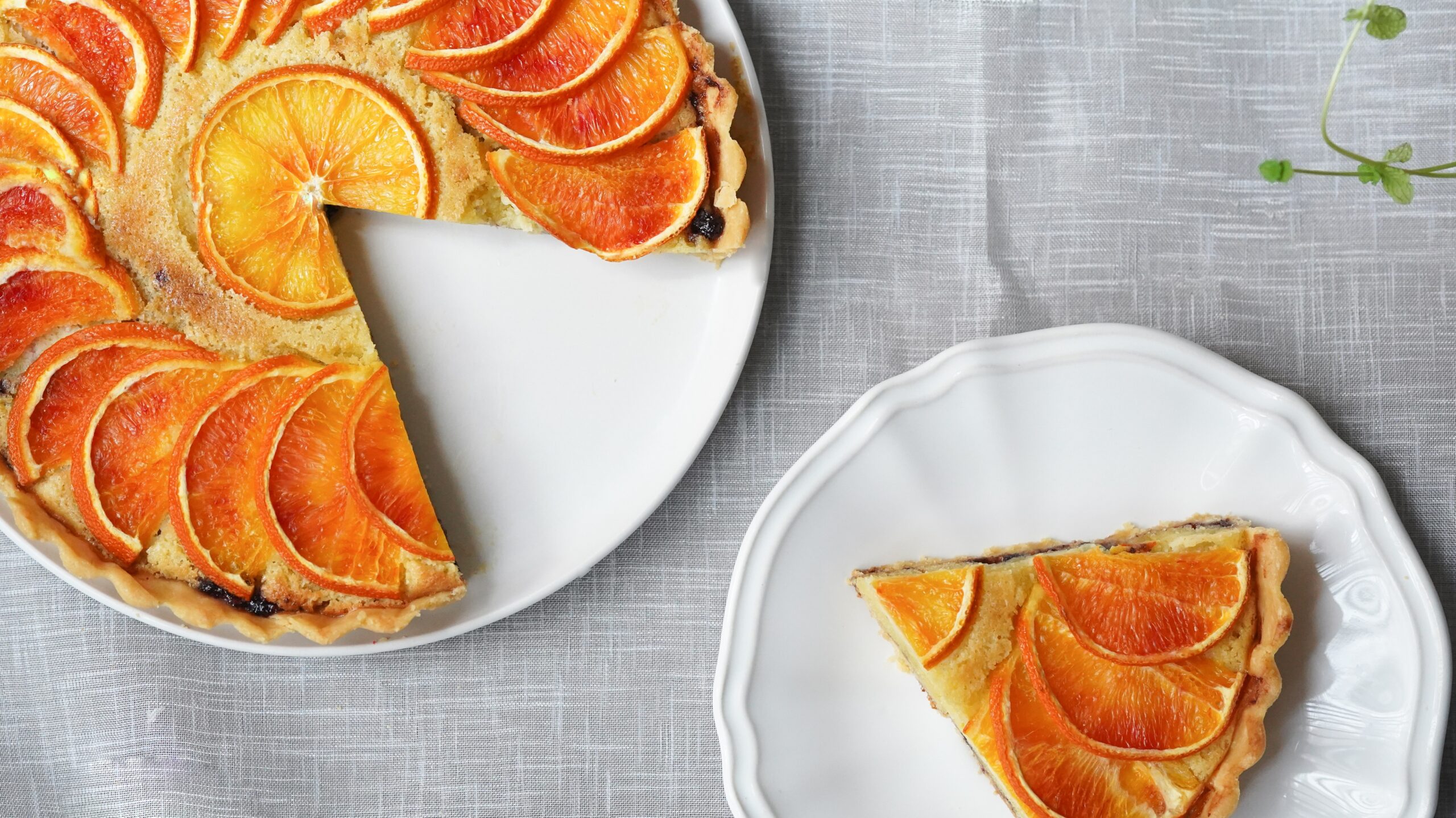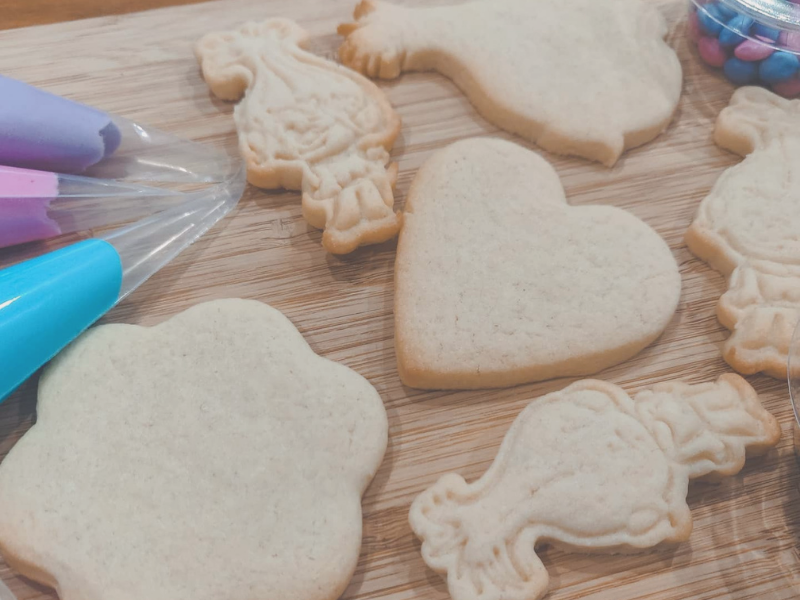It briefly felt like a nice break from early mornings and packed lunches. But, after months of juggling working from home, restless children and terrible cabin fever, it can now seem like an impossible task to keep your children happy and constructive. To help, we asked inspiring teacher and mother of two little ones, Jeni Formosa, to offer her advice on how to keep your kids content and learning, while you keep your sanity.
You are having a terrible day with homeschooling – everyone is unhappy, disengaged and struggling. What advice can you give to help a parent get back on track?
Ironically enough, the most effective way to get things back on track is often to veer off it completely! Doing so allows you to focus on prioritising, identifying and responding to your children’s unmet needs, which is where the heart of the issue always lies. That should take precedence over any learning objectives you might have set for them. I would recommend that you dedicate as much time as you need to address the issue at hand because, once that’s sorted, you can easily pick up where you left off. If you try to persist with your plans without doing so, then you’re probably just going to end up perpetuating a rather stressful and upsetting situation with very little learning to show for it.
How can we best prepare our children for the return to routine and structure in October after such a long break?
To allow adequate time for both psychological and practical readjustments, start preparing your children for this transition a few weeks before it is set to take place. During this period – besides discussing the impending transition – it would also be helpful if you could integrate upcoming routines/expectations into play scenarios, stories, or role-play (if age-appropriate), as well as into your family’s own daily routines (e.g. by setting early bedtimes/wake-up calls, having fixed mealtimes, etc.). Most importantly, remember to treat the whole issue in a calm, positive and reassuring manner, regardless of your own fears or anxieties.
Do you have any ‘in case of emergency’ activities that take very little time to prepare and don’t need many resources?
Anything open-ended and hands-on, such as sensory or creative play:
- For younger children: Fill a tray with dry ingredients such as pasta, rice, beans/pulses or oats, add whatever resources you have on hand (e.g. toys, cups and spoons, etc.), and simply let your child experiment with them. If you’re feeling brave, opt for things like yoghurt, whipped cream, shaving foam, or jelly instead; it’s certainly worth the quick clean-up afterwards!
- For older children: Provide resources/materials for your child to explore and create something with. Examples include craft supplies, cooking ingredients (with/without a recipe), make-up and beauty products, blank ‘quiz cards’ to create a family quiz out of, and so on.
Where do you recommend looking for additional resources and advice on homeschooling, and is there anything we should ignore?
Between professional service-providers such as schools and institutes/agencies, social media platforms like Facebook and Instagram, and search engines such as Google and Pinterest, there are so many ideas and so much information out there that it is almost overwhelming! While it is always helpful to get new ideas and advice, I believe that what really counts is how rather than where you look for inspiration, and that you let yourself be guided by your child rather than the expectations of others, or social media trends.
What will be your lasting memories of this period?
I consider myself to be very fortunate to look upon this time as, possibly, one of the happiest periods in my life, even if simultaneously one of the most uncertain. We obviously had some tough days where the pressure of being stuck inside and isolated from family and friends got the better of us but, in general, the slower pace of life and quality time spent together was a dream come true. My memories of this time will feature the smiles on my children’s faces as they played together for hours on end (admittedly interspersed with some scowls at times, too!), lots of singing and dancing to one-hit wonders and quirky Eurovision entries, an endless series of play-based activities, more bread-baking (and eating) than is probably recommended, precious family lunches and dinners shared together, and a permanently messy – but happy – home.
If you have questions for Jeni, do let us know as we will pass on feedback she has for you. Add your questions in the comments below or email editor@minimalta.com

Jeni Formosa
Jeni is a qualified Primary School teacher with a specialism in language, and a mother of two.


